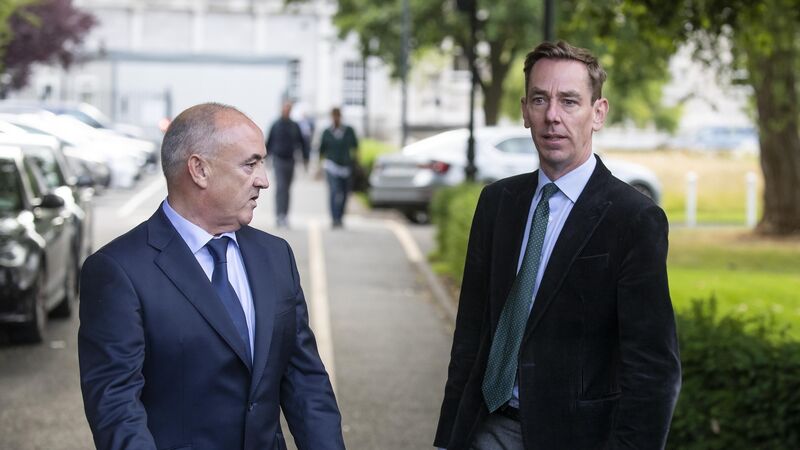Irish Examiner view: Time to identify legal implications surrounding RTÉ scandal

When the story first broke, statements were issued by Mr Tubridy and by Mr Kelly’s company in which the responsibility for discrepancies was firmly placed on RTÉ’s shoulders. Picture: Colin Keegan/Collins
















